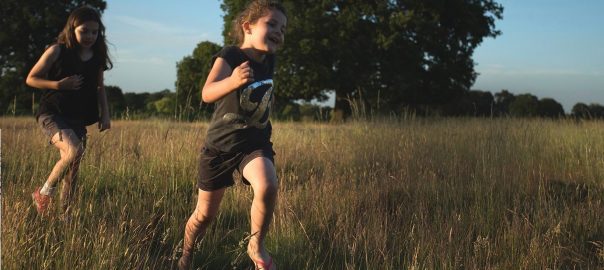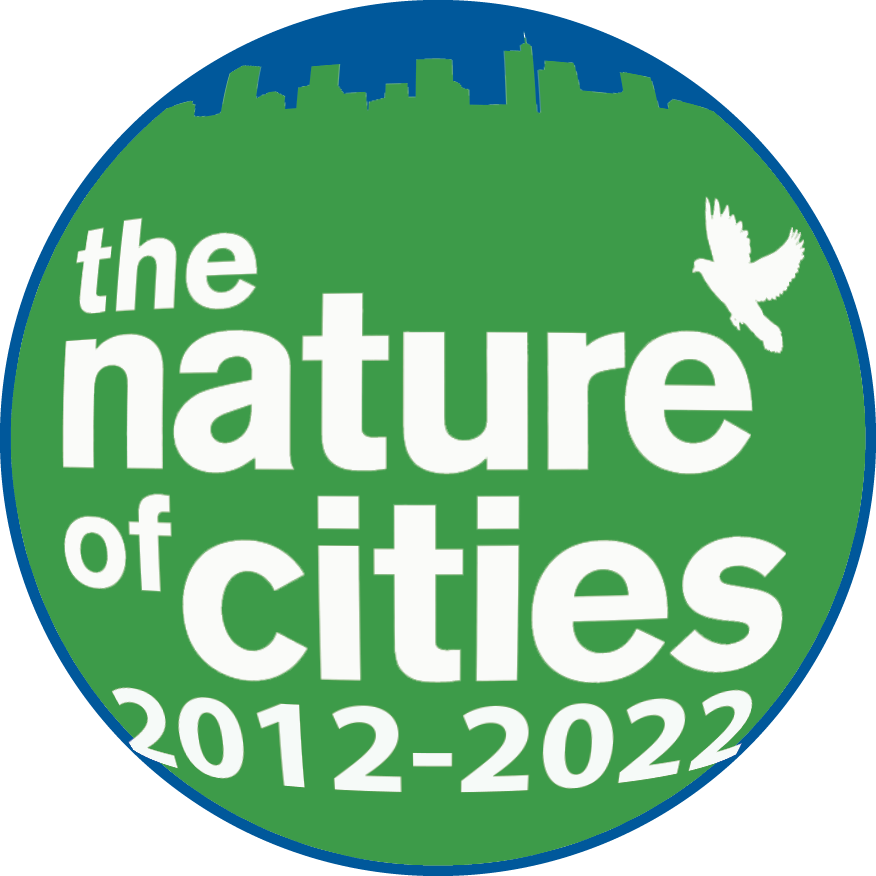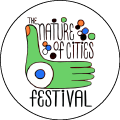7 March 2021
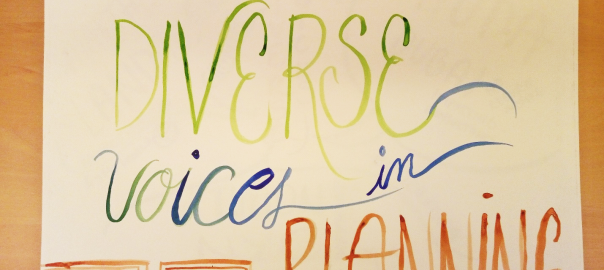
This contribution is the result of a thought-collecting Seed Session during the TNOC Summit in Paris, held on June 5, 2019. Pitches, group breakouts, and a facilitated discussion addressed the question: Including diverse voices in adaptation planning, how do we make it happen? Two illustrators, Frida Larios and Marion Lacourt,...
2 March 2021
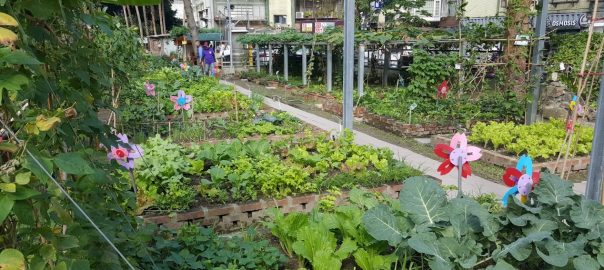
Edible urban gardens have gained increasing popularity in the Global North within the narrative of nature-based solutions for cities and as parts of urban green infrastructure, which reintroduce greenspaces and associated functions into built environments, with the aspiration of leading to a socially and ecologically more sustainable city. Amid the...
31 January 2021
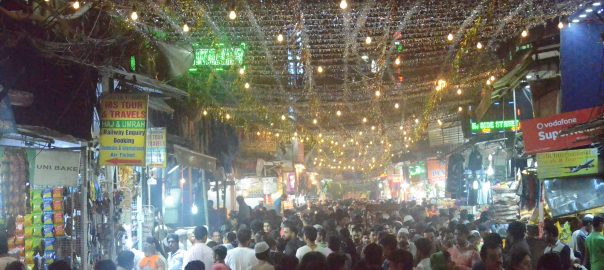
This essay advocates for a unique “Youth Empowerment Based Green Recovery Programme” to be developed and adapted by governments to enhance long-term societal resilience. As we have collectively moved towards unlocking the lockdowns and quarantines that had been in effect since March 2020, the world’s attention has been gripped in...
23 January 2021

Today’s post celebrates some of the highlights from TNOC writing in 2020. These contributions—originating around the world—were one or more of widely read, offering novel points of view, and/or somehow disruptive in a useful way. All 1000+ TNOC essays and roundtables are worthwhile reads, of course, but what follows will give you a...
13 January 2021
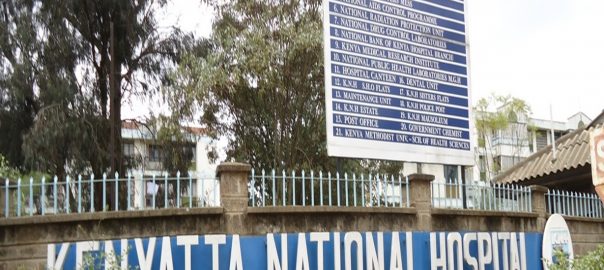
As the COVID-19 pandemic accelerates and the prevalence escalates, global health care systems become overwhelmed with patients who are either confirmed or suspected to be suffering from the disease (Chen et al., 2020). Frontline health care workers (HCWs) are required to work for long and irregular hours, with heavy workloads...
8 January 2021
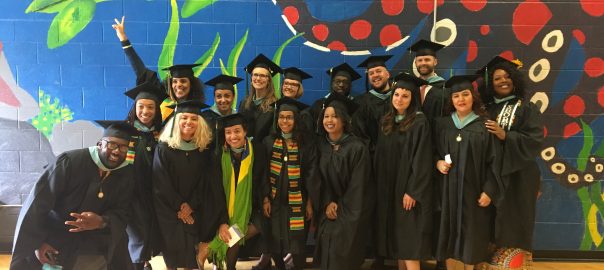
Our graduate students are figuring out how to best “immerse” themselves in city spaces while staying safe during the pandemic. Students find creative ways to both learn and practice while masked and distanced from community members. A positive outcome of being online is the ability to invite environmental activists and...
3 January 2021
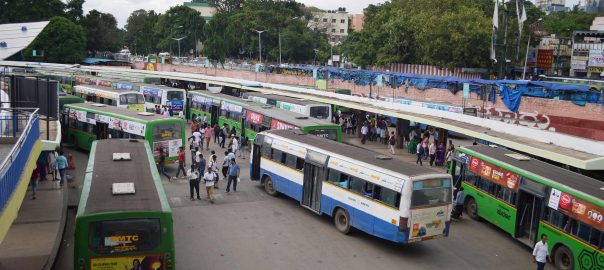
Two incidents stand out particularly from my memories as a young child. In the first one, I was perhaps 5 or 6 years old—at that age when we ran out of the housing colony and into the streets to play a game of hopscotch or whatever else took our fancy....
22 December 2020
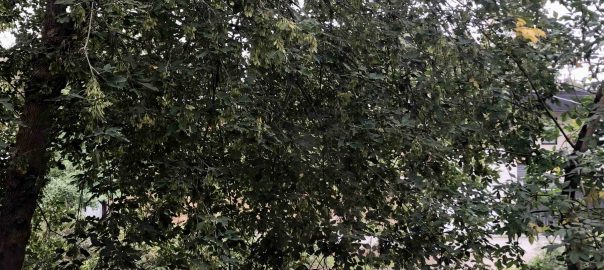
Writing this during National Forest Week here in Canada, I’m reflecting (as I frequently do) on the urban forest. As a scientist, I often find myself collapsing the beautiful, multidimensional, urban forest into a few general measurements: stand density, canopy cover, biomass, etc. But as an urban resident, I cherish...
20 December 2020
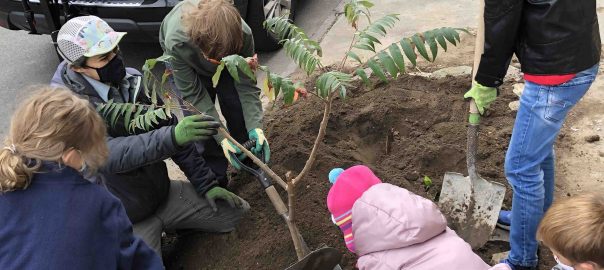
This essay is part three in a series. Since 13 March 2020, our team of social science researchers has been keeping a collective journal of our experiences of our New York City neighborhoods and public spaces during COVID-19. Read the essays from spring and summer here. 1. Winter is coming:...
14 December 2020
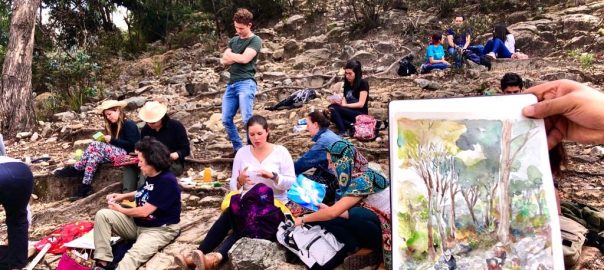
En español. Citizenship is derived from city, and floristry from forest or jungle. Forest and human being live a socio-ecological pact in which the forest becomes a new citizen respected in its integrity, stability, and extraordinary beauty. Both benefits, as the utilitarian logic of exploitation is abandoned and the logic...
8 December 2020
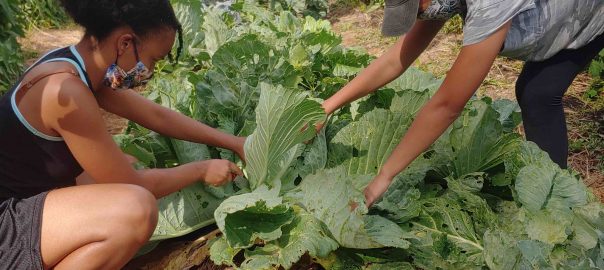
At the beginning of the pandemic, there was widespread concern and uncertainty. How many people would get sick? How long would this last? Will I lose my home, my job? Will there be food shortages? There were also widespread shutdowns—schools, offices, restaurants, libraries, even the police were only responding to...
4 December 2020
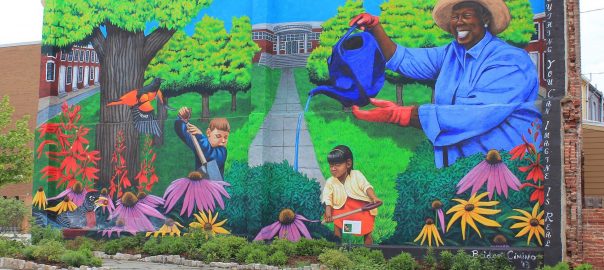
If we peel back the layers of our urban infrastructure and examine the ecological patterns that originally formed the landscapes beneath our feet, we can shape more resilient cities through an interdisciplinary and inclusive urban design process based on the braided narratives of place: ecology, history, and culture. More than...
1 December 2020

1 We are part of nature We are part of nature and we are interdependent with nature. 2 We think we can be separate from nature We cannot escape this interdependency. Even when we try, we are tied to living systems by umbilical cords of technology, constrained by natural...
22 November 2020
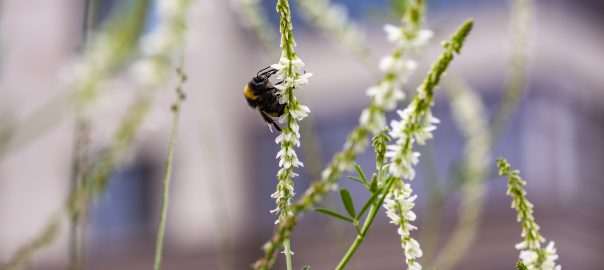
And What Grassplots, Amur Leopard, and Mold Have in CommonWhat is biodiversity for? Some don’t need that question answered: you just adopt a philosopher’s perspective, and everything becomes clear—all living things have the right to dwell on the planet. For others, the question is confusing. Those trying to find a quantitative answer to...
21 November 2020
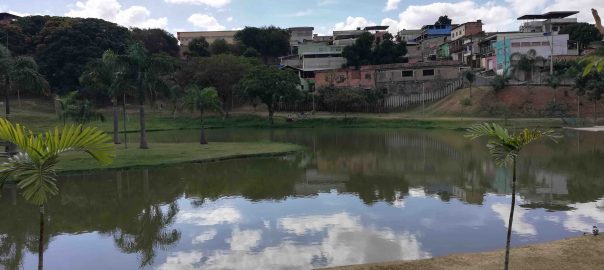
Green and blue infrastructure (GBI), a form of nature-based solutions (NBS), can provide huge benefits for cities, as GBIs are innovative ways to connect biodiversity and people. Besides the direct functions that the infrastructure provides (e.g. flood prevention or cooling effect), there is also a series of co-benefits that nature...
17 November 2020
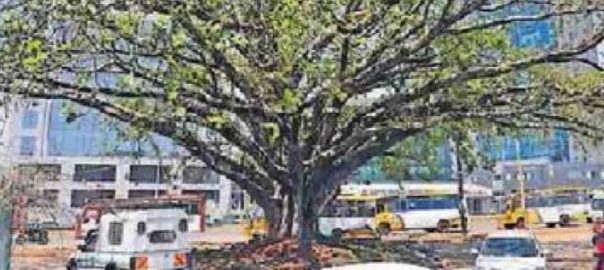
Since 2013, the government of Kenya has laid out extensive expansion plans for the city’s transport infrastructure. Nairobi County’s strategy lays out a progressive framework that has seen the introduction of Mass Rapid Transit Systems (MRTS), the standard gauge railway, connectors, and the expansion of several other feeder roads. The...
9 November 2020
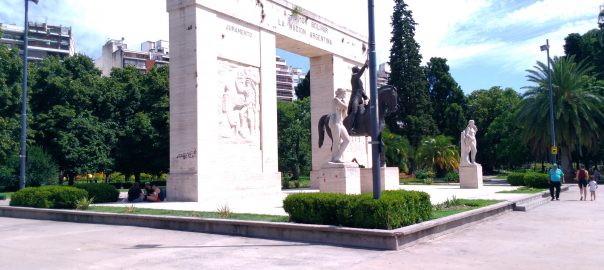
The urban matrix is dominated by the built environment that undoubtedly predominates over green infrastructures like domestic gardens, woodlands, tree-lined streets, squares, sports fields, and green corridors. Thus, cities must be seen as a complex system where the interacting gray, green, and blue elements cannot be analyzed individually. Proper handling...
3 November 2020
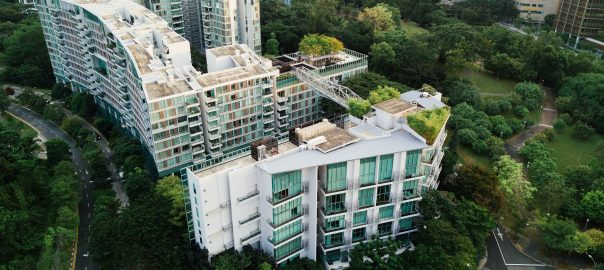
Cities are almost entirely dependent on surrounding regions for food, water, and energy (FWE) to sustain urban population and activities. Sixty percent of the global population will live in cities by 2030, with 90% of urban growth in the coming decades likely to occur in low- and middle-income countries. Rising...
26 October 2020
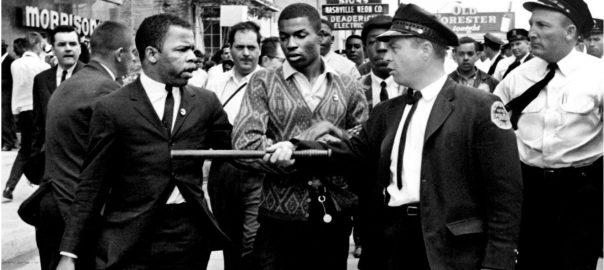
A meditation on race and ecology on the occasion of the death of U.S. Representative John Lewis.Representative John R. Lewis (1940-2020) was a hero of the civil rights movement in the United States. He was one of the six leaders of the famous 1963 March On Washington, a leader of...
20 October 2020
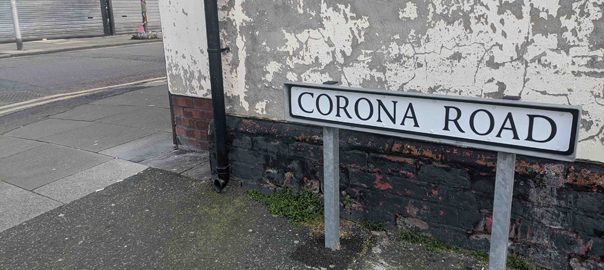
“Stay home!” This is the imperative that has echoed across the planet in the last months. Everyone is at, and a, risk to themselves and others. And so we did. We mostly stayed at home. After a few days, we began to notice that our house, our cities, and our...

